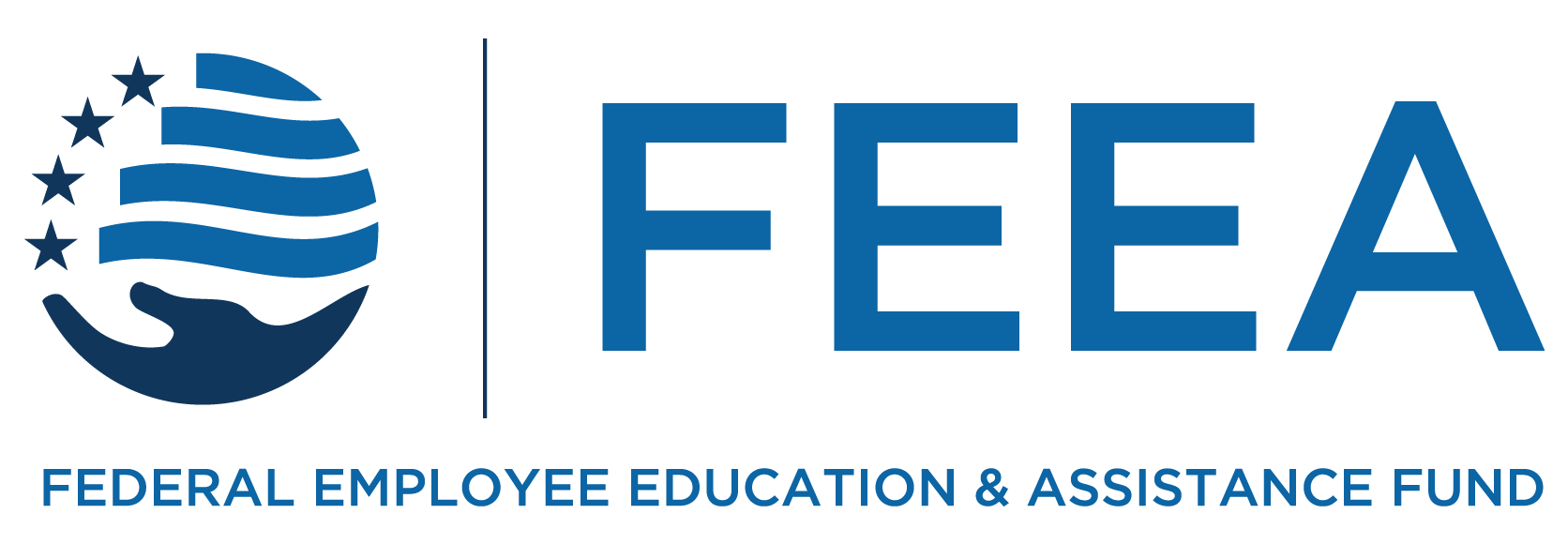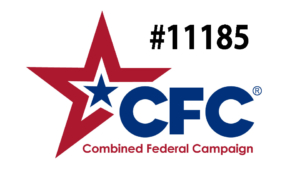Going off to college can be both a great adventure and a great stressor for any student, even more so for someone who is the first in their family to go to college. First generation college students may lack a trusted adult who has the knowledge to help them navigate some of the most common experiences new students face. We’ve collected some useful information and resources that might help.
Issues with financial aid
Many students have a combination of grants, loans, and scholarships to help pay their way through school. If money you were expecting didn’t arrive, you’re not sure what to do about getting a work-study job on campus, or you need help renewing a scholarship or finding new funding resources, your school’s financial aid office should be your first stop.
Some schools will have different people dedicated to different types of funding – like a work-study or Pell Grant coordinator – but the front desk person or info email will be able to direct you to the right staff member or office. Financial issues are best dealt with as soon as you know there’s a problem, so don’t delay asking questions or seeking assistance.
Other resources: The Department of Education’s Federal Student Aid portal, U.S. News’s Guide to Understanding Aid for College, Finaid’s website, FEEA’s #FedLifeHack on Understanding College Aid Letters
Issues with classes
What should you do if you need to add or drop a class after the semester starts? How do you know which classes you should be taking and when to take them? Most schools assign students an academic advisor, and maybe even a peer advisor, who can help navigate these types of issues. It might be the same person throughout your time at the school, or may change if you change your major (or start out undeclared). Some schools have an advising office or coordinator, or even a short class for first-year students.
Take the time to meet with your advisor early in the semester, even if you don’t need help right away, so you can get to know them (and they get to know you) and understand what the process is for scheduling an appointment or getting their assistance. If your school has an advising office, find out where it is and what the process is for getting help.
Other resources: College Life Today’s Every Question You Should Ask Your College Advisor, USA Today’s 10 Ways to Make the Most of Academic Advising Appointments
Issues with roommates
Living with strangers (or even high school friends!) isn’t always easy. If you’re living in a dorm, there’s likely a Resident Advisor (RA) living in the building whose job is to help mediate roommate problems, deal with facilities issues, and generally be a resource for students living there. If you don’t have an RA or have an issue that goes beyond what they can help with, the Campus/Student Life or Housing Office on campus is the place to go. Your school’s student counseling office can also be a good resource to talk through roommate or other issues you may be facing.
Other resources: College Board’s College Roommates: The Basics, Peterson’s Student Housing: What to do if Your Situation isn’t Working, US News’ How College Students Can Find Mental Health Services on Campus
Issues with food insecurity/hunger
Your body and brain both need food to keep you going and help you learn. Yet it’s estimated more than 30% of college students experience hunger and food insecurity during their time at school. If you’re struggling to pay for a meal plan, missing dining hall hours because of work, or going hungry for any reason, there are resources available to help. Many universities have food pantries available to students, offer sharing programs that allow students to donate unused meal swipes or dollars to their peers, or offer additional financial aid for meals. Check your campus website, ask your financial aid officer, or see if your RA or advisor can direct you to campus resources.
Other resources: Nerdwallet’s Hunger on Campus: How College Students Can Get Help, check to see if your school works with Swipe Out Hunger (an organization supporting anti-hunger programs on campuses), if you work part-time while attending college you may be eligible for SNAP benefits – check the rules and apply at Benefits.gov
General Resources
Here are a few more resources that may be helpful to FirstGen and other first-time college students:
- College Advising Corps, a nonprofit dedicated to assisting first-generation, low-income, and underrepresented students, starting in high school and continuing through college
- Use your college’s website and/or student services portal! While you might think of college websites as the place to research a school before you apply, there’s also a wealth of information for enrolled students. Search “first generation students” to see if your school has any special programs or resources (many do!), look up contact information and locations for offices you need to visit, find academic information, or search for other resources.
- If you’re stressing about affording everything you need or want to bring with you to school (check out College Board’s exhaustive list or Simple Dollar’s guide to frugal packing), consider joining a Buy Nothing group near your home or school. These groups allow neighbors to connect and give away things they no longer need or ask for things they’re missing. If you can’t find what you need in a free group, low-cost options can often be found at a Habitat for Humanity ReStore, Goodwill store, or local thrift or consignment shops, as well as yard sales or flea markets. Be careful with online marketplaces where you can’t see or test things in person before purchase and always choose a safe, public space for item pick-up if you can.
Subscribe to FEEA’s Newsletter
Would you like to reprint this piece in your agency human resource, federal employee association, or union local newsletter? You can do so at no cost by contacting admin@feea.org with your request.
The information provided in this piece is for your convenience and informational purposes only and not to be construed as professional advice. FEEA and its coauthors and sponsors are not liable for any losses or damages related to actions or failure to act with regard to the content in this piece.




